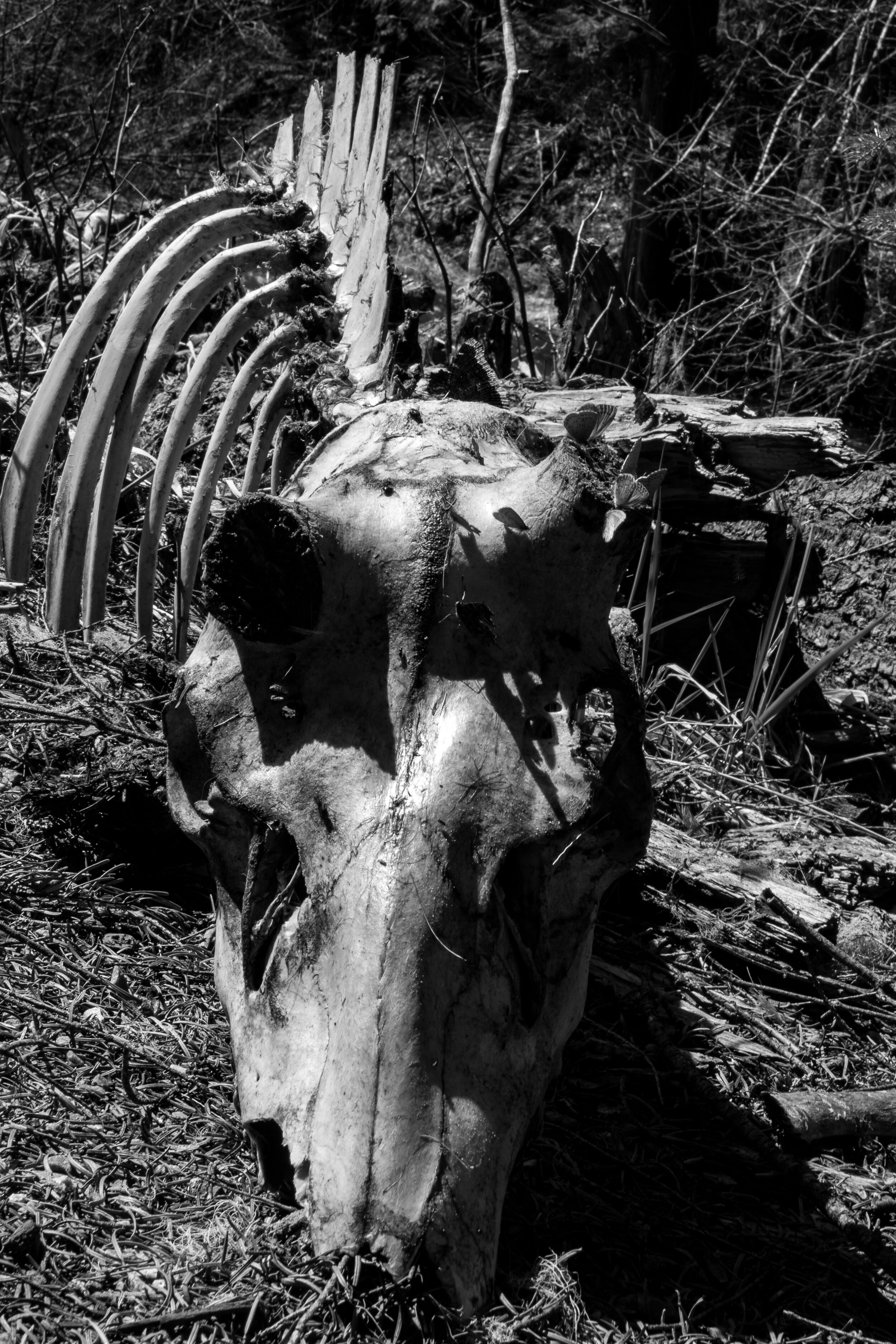Tired
I hate going to memorials.
The first one I attended to honor a soldier was in the fall of 2007. The academic year was maybe two weeks old, the seniors had just gotten back from celebrating Ring weekend, and we had all formed up for recall formation.
After we were dismissed, our TAC officer gathered us all together and told us our company-mate's brother had been killed in Afghanistan.
Still new to even the idea of the military, most of the freshman-- myself included-- didn't fully understand, didn't fully grasp the concept of how that would affect those around us. I later learned the seniors were a very close-knit group and had spent a significant amount of time with the brothers.
Heads dropped.
Tears fell.
Pride swelled.
Later in the week, the memorial service was held at the cadet chapel. The entire company climbed the granite stair cases to the top of the hill, tried not to sweat too much, tried not to breathe to heavy.
We all shuffled in to the high-arched church, the granite floors and walls echoing the slightest whisper, the wooden pews creaking as we sat down, the pipes from the organ reflecting the sunlight streaming through the stained glass windows.
Silence.
On cue, the organ player started a hymn I couldn't recognize, prompting the priest to walk toward the apse. The family walked behind a flag-covered coffin, heads held high as tears streamed down their cheeks.
I don't remember the hymns we sang, the prayers that were recited, or the things that were said. I do remember the look on my company-mate's face as he walked with his arm around his now widowed sister-in-law.
I remember the look in her eyes, an odd mix of pain, sadness, doubt, and pride. In that look I was struck with a sense of sadness and foreboding. To that point, death in combat had only been a vague notion, something about which I was aware but something I had never experienced the effects first-hand.
I never went back to the chapel.
A few years later and a couple months from getting out of the Army, my supervisor sent me an email saying she needed to see me and my NCOs. She told us there'd been a death in the Battalion and we needed to inform the companies there would be a memorial service in the next couple of days. By this point I'd deployed, been to several more memorial services, seen countless faces of soldiers, marines, sailors, and airmen on TV, lost classmates.
Lost friends.
My first thought was, well, that's going to push back the training meeting and I won't be going home as early as I'd hoped that day. I started thinking of all the things I needed to do in order make the meeting happen and ensure that it would as efficient as possible.
I did what was needed to do my job, I sat through the service with half-attention at best, and exited as quickly and inconspicuously as my manners would allow. After the meeting, I drove home, drank beer, and watched Netflix until I fell asleep.
I felt nothing.
This past Memorial Day, I heard some rumors that the National Park Service was considering a memorial on the Mall for the Global War on Terror.
A memorial for the Global War on Terror? We're still fighting the Global War on Terror. It's been over 7,000 days since we first invaded Afghanistan; we've lost 6,954 service members. I realize that's a relatively small number when compared to the losses in Vietnam, Korea, the World Wars, etc. but we're still losing service members.
As odd as it sounds, talk of this memorial led me to think of John Kerry. The 2004 Presidential Election brought questions of his military record, his actions after he returned home from Vietnam, and his loyalty to the country.
As an avid Fox News viewer growing up, I thought Kerry a traitor or, at best, soft on national defense and security. I didn't trust him as a candidate, I was wary of him as Secretary of State, and, until a few months ago, I couldn't understand why he would testify before Congress to end the Vietnam War at a time when it would mean service members died in vain.
Now, I would've been sitting next to him.
We're still in Afghanistan, still losing service members, and lending credibility to the idea that history doesn't repeat itself but it does rhyme.
The question is: why?
Why are we still in Afghanistan?
Why is increasing air attacks the best way to win?
Why can't anyone at the Pentagon define victory?
Why are we still losing men and women in uniform?
These questions were the essence of Kerry's mission to end the Vietnam War.
I'm tired of going to memorials.
I'm tired of seeing them on TV.
I'm tired.
Keep your feet moving

